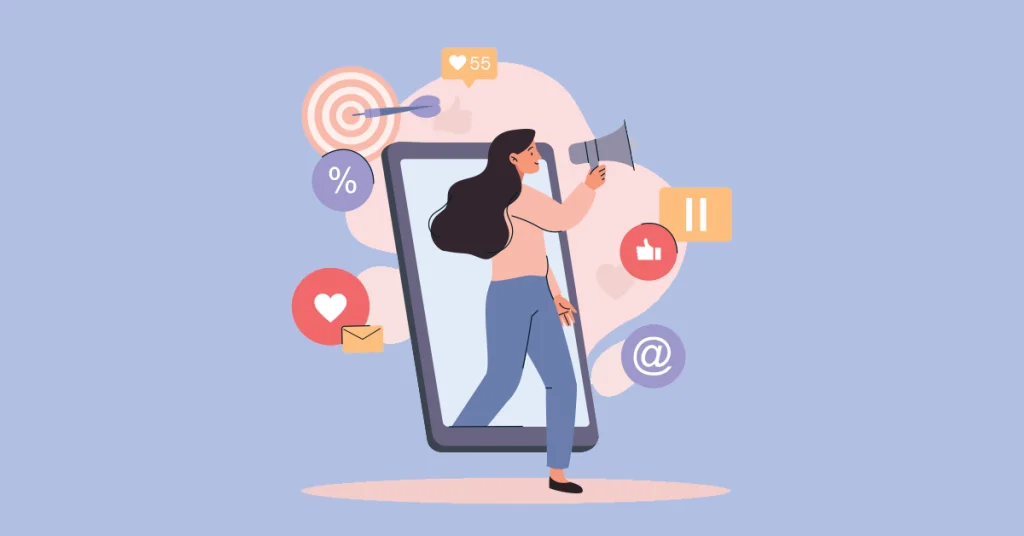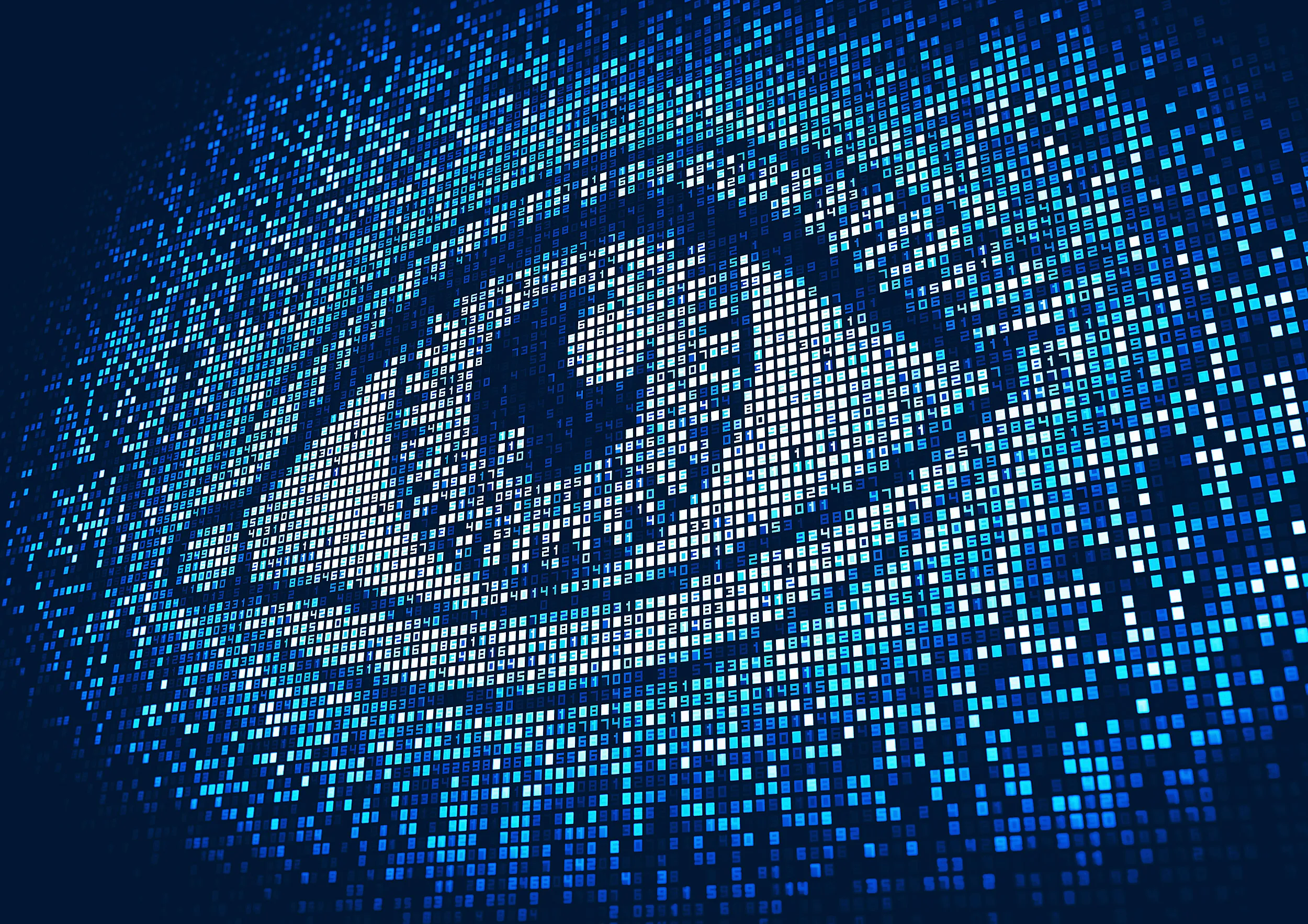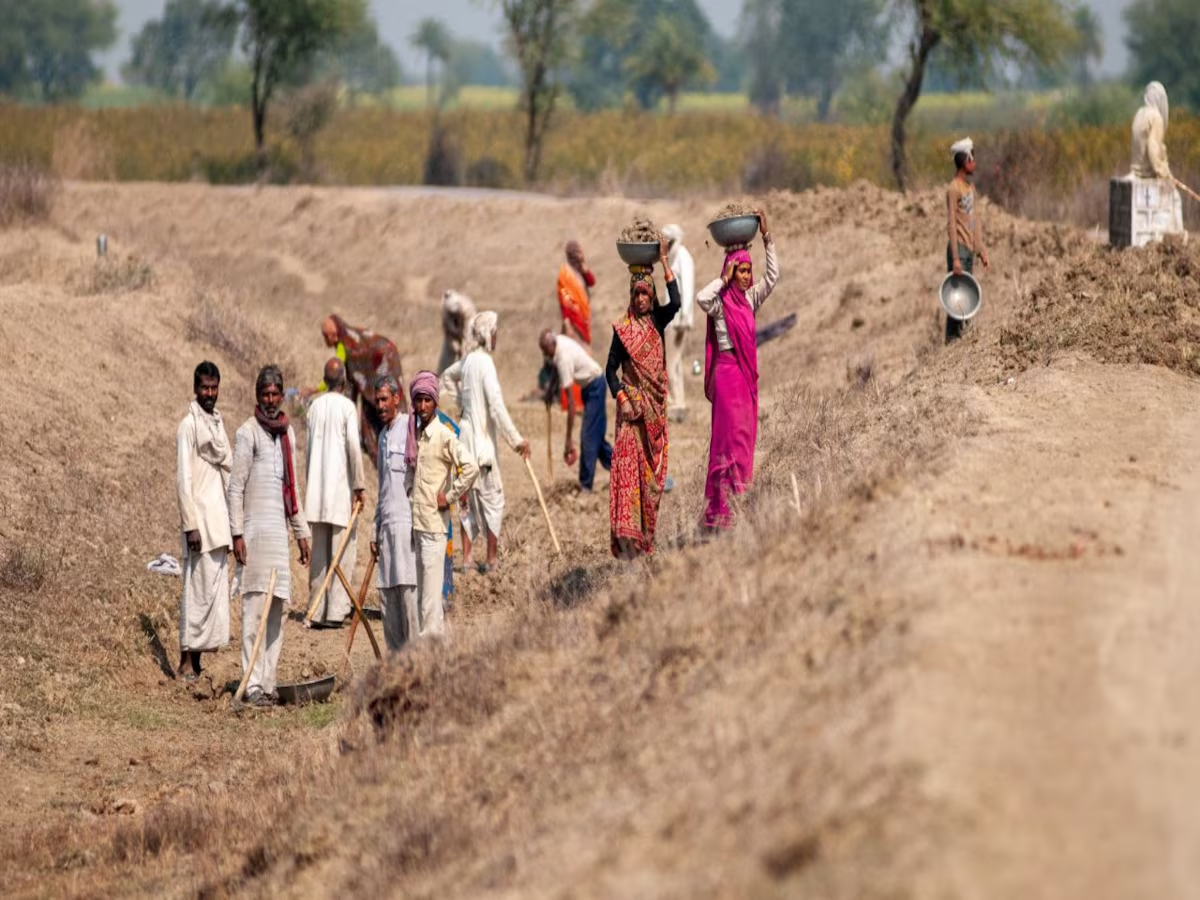- Courses
- GS Full Course 1 Year
- GS Full Course 2 Year
- GS Full Course 3 Year
- GS Full Course Till Selection
- Answer Alpha: Mains 2025 Mentorship
- MEP (Mains Enrichment Programme) Data, Facts
- Essay Target – 150+ Marks
- Online Program
- GS Recorded Course
- Polity
- Geography
- Economy
- Ancient, Medieval and Art & Culture AMAC
- Modern India, Post Independence & World History
- Environment
- Governance
- Science & Technology
- International Relations and Internal Security
- Disaster Management
- Ethics
- NCERT Current Affairs
- Indian Society and Social Issue
- NCERT- Science and Technology
- NCERT - Geography
- NCERT - Ancient History
- NCERT- World History
- NCERT Modern History
- CSAT
- 5 LAYERED ARJUNA Mentorship
- Public Administration Optional
- ABOUT US
- OUR TOPPERS
- TEST SERIES
- FREE STUDY MATERIAL
- VIDEOS
- CONTACT US
The Role of Influencers in Society and Ethical Communication
The Role of Influencers in Society and Ethical Communication

- The recent controversy surrounding popular YouTuber Ranveer Allahbadia has sparked important ethical debates about the role of social media influencers in society.
- This is not merely an individual issue, but a broader concern regarding whether influencers promote "free thinking" without any moral responsibility.
- As influencers increasingly shape societal behavior, particularly among the youth, ethical questions surrounding their communication become even more significant.
Freedom of Expression and Ethical Boundaries
- Right to Freedom of Expression: Article 19 of the Universal Declaration of Human Rights guarantees everyone the right to freedom of opinion and expression.
- Balancing Freedom with Responsibility: This freedom, however, comes with the responsibility to ensure that one’s expression does not harm or offend others.
- Moral Boundaries in Communication:
- Ethical communication must uphold human dignity, societal harmony, and respect for family values.
- Influencers who share offensive or harmful content risk negatively influencing impressionable audiences, especially children.
|
“Ethics is knowing the difference between what you have a right to do and what is right to do.” — Potter Stewart |
Role of Influencers in Society
- Who is an Influencer?
- An influencer is someone who impacts the opinions and behaviors of others, mainly through social media platforms.
- They may range from Nano influencers (small following) to Mega influencers (millions of followers).
- Shaping vs. Reflecting Society:
- Ethical concerns arise—are influencers merely reflecting society, or are they actively shaping it?
- Given their widespread reach, influencers play a critical role in establishing new societal norms.
Ethical Dilemmas in Modern Media
- Unfiltered Content:
- Social media and OTT platforms often host unfiltered content including profanity, violence, and vulgarity.
- The growing acceptance of such content raises concerns about desensitization to moral values.
- Humor and Ethical Limits:
- Humor must be mindful of ethical limits.
- For instance, the incident at the 94th Academy Awards, where actor Will Smith slapped comedian Chris Rock over a joke, highlights the delicate balance between humor and offense.
- Need for Ethical Entertainment:
- Society must question the ethical limits of entertainment and demand content that respects moral boundaries.
Gandhi’s Three Monkeys in the Digital Age
- Relevance of Gandhian Ethics:
- Gandhi’s teaching— “See no evil, hear no evil, speak no evil”—remains a timeless guide for ethical communication.
- In today’s digital era, where harmful content is rampant, these principles are more relevant than ever.
- Parental Responsibility:
- Parents play a vital role in monitoring their children’s media exposure and instilling ethical values such as respect, empathy, and kindness.
- Children should be taught to critically assess media content instead of blindly accepting it.
The Power and Responsibility of Influencers
- Influencers as Opinion Shapers: Influencers have the power to shape public perception and societal behavior.
- Responsibility with Influence: This power must be used ethically, considering the impact of their actions and words.
- Entertainment vs. Ethics:
- While entertainment is important, it should not come at the cost of ethics and moral values.
- Influencers must strike a balance, promoting content that upholds family dignity and cultural respect.
Influencers and the Vision of Viksit Bharat 2047
- Promoting Ethical Values for a Developed India:
- As India aspires to become a developed nation by 2047 (Viksit Bharat), influencers must play a constructive role.
- Content that promotes vulgarity or sensationalism undermines this vision.
- Sanatan Dharma and Cultural Values:
- The values of Sanatan Dharma—respect for elders, family dignity, and moral behavior—should guide content creation.
- Influencers should help preserve and promote India’s cultural and ethical heritage.
Parental and Educational Responsibility
- Role of Parents:
- Parents should model ethical behavior and actively guide children in making moral decisions.
- Teaching values like trust, compassion, and responsibility prepares children to navigate ethical dilemmas.
- Role of Schools and Teachers:
- Schools must also take responsibility in shaping ethical attitudes among students.
- Teachers should inculcate integrity, accountability, and respect, enabling students to grow into morally strong individuals.
|
“Education without values, as useful as it is, seems rather to make man a more clever devil.” — C.S. Lewis |
Ethical Communication: A Case Study
- Shashi Kapoor in Deewar:
- A powerful scene in the movie Deewar offers a valuable lesson in ethical communication. When Amitabh Bachchan says, “Tumhare paas kya hai?”, Shashi Kapoor replies, “Mere paas Ma hai.”
- This iconic dialogue reflects the deep-rooted value of family and dignity in communication, reminding us that moral expressions often have a lasting impact over superficial grandeur.
In a digital world where influencers hold immense power, it is imperative that they understand the ethical responsibility that accompanies their role. Their influence should foster a culture of respect, dignity, and moral awareness rather than vulgarity and sensationalism. As India moves toward Viksit Bharat 2047, influencers must align their content with the ethical and cultural ethos of the nation. Ethical communication is not just a moral obligation but a societal necessity in shaping a responsible and value-based future.



